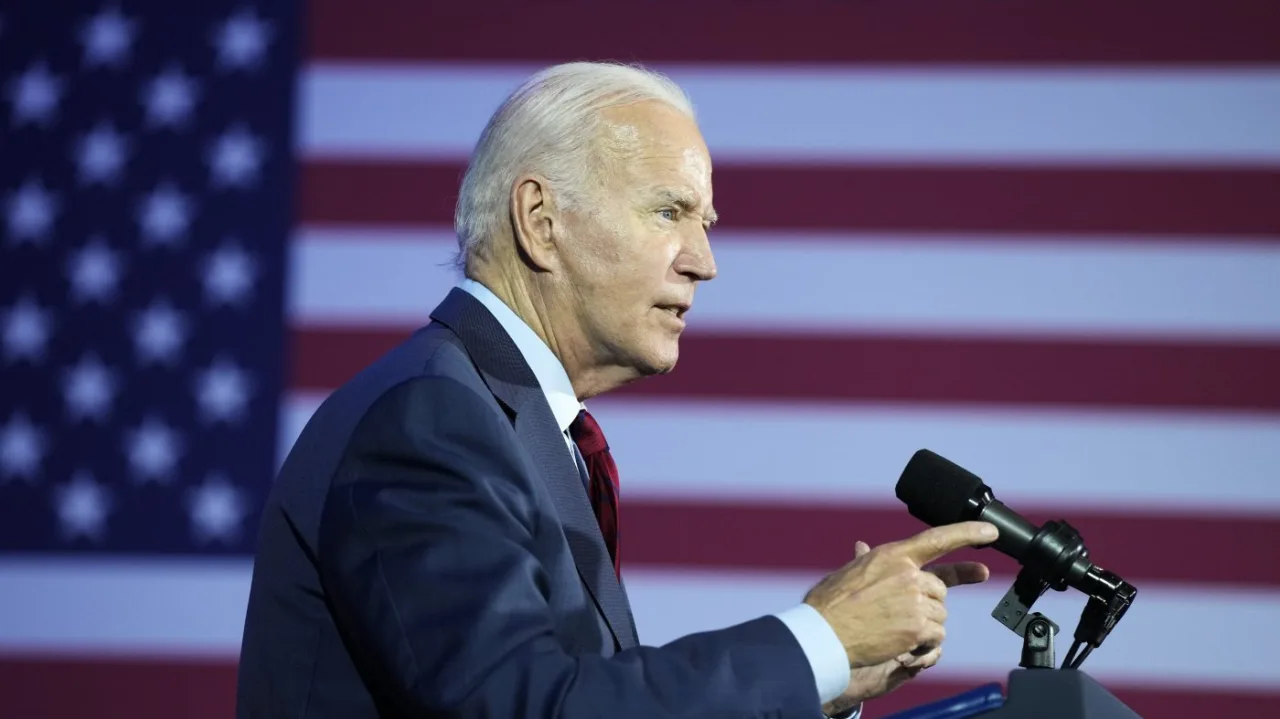The day before Ohio’s Issue 3—which would have legalized cannabis for medical and recreational use—was placed in ballot boxes across the state, The New York Times ran a feature by Mitch Smith and Sheryl Gay Stolberg about an Ohioan named Don Wirtshafter. An Ohio lawyer and devoted cannabis user for more than four decades, Wirtshafter has fought for much of his career for a change in the way cannabis is treated. But like many other Ohio progressives, Wirtshafter voted “No” on November 3, helping to block their state’s best opportunity yet to legalize Ohio. The reason is that rather than a system like Colorado’s, in which the growing and selling of cannabis would be a relatively open enterprise, the masterminds behind Ohio’s Issue 3 would have made the state’s cannabis industry a tightly-insular, collusive enterprise based on the dominance of 10 predetermined growing sites.
Responsible Ohio, the group behind Ohio’s push for legalization, managed to make the state the center of political attention in a non-election year with their unique proposal for a state-controlled, some might say monopolistic cannabis industry. “The values of Woodstock have been eclipsed by the values of Wall Street,” Kevin Sabet, president of Smart Approaches to Marijuana, told Politico about Ohio’s plan to leave the nascent industry in the hands of the same 10 investors who sought to legalize in the first place. “This is the big industry nightmare that we’ve been worried about, and now it’s becoming a reality in Ohio. For anyone who thinks legalization is about pot anymore, they need to look at Ohio and see it’s not about pot, it’s about money.”
Even in states like Colorado, where legalization at first encouraged mom and pop operations, the industry has been slowly conglomerating around several growers and dispensaries, a trend which, according to cannabis traditionalists like Wirtshafter, means nothing but trouble for the dream of a free and clear cannabis culture in the U.S. In Colorado, for example, the 2012 campaign to legalize cost $3 million. By contrast, the budget for Responsible Ohio’s campaign cost more than $25 million, all coming from the 10-pre-determined would-be pot kingpins of Ohio.
But not everybody who’s in tune with cannabis culture is against this growing corporate element in the industry. Ian James, a political strategist who was largely behind Responsibleohio’s push, told the New York Times that beginning in 2020, cannabis would have generated $554 million a year in tax revenue for Ohio had Issue 3 passed; 85 percent would have gone toward safety services and infrastructure repair. By taking the cannabis legalization movement away from Birkenstocks and tie-dye and towards tailored suits and board rooms, Ohio’s legalization push hoped to bring us a taste of corporate America’s vision of a legal future. And to be fair, it’s not an entirely negative picture of legalization: The $100 million dollars or more Ohio will be paying for enforcement of cannabis prohibition in 2016 might have been saved and another domino might have fallen in the fight for national legalization.
The fight for legalization in Ohio, as elsewhere where referenda about cannabis have failed, will continue, and according to polls taken before election day, Ohio might still be a candidate in the near future. A majority of people who responded to the poll said that they were both against continued prohibition and the monopolistic system that would have made cannabis barons out of the likes of investors such as Nick Lachey and members of the Taft family, a powerhouse in Ohio politics even before grandpa William Howard was president. When taken at face value, Ohio’s election day result may seem like a defeat for legalization. While that’s not entirely false, the state’s decision is also representative of a discerning and politically savvy legalization movement. And while those within the movement may have already known about savvy politics among cannabis enthusiasts, it’s still nice to have empirical evidence to show the naysayers.











